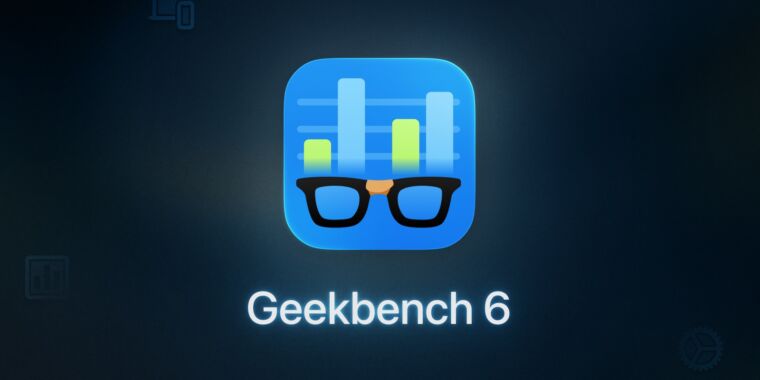My takes on this ArsT article...
—Beware of my troll—
• Poole on benchmarking: How hard can it be? I saw others used simple tests, so I made some of my own.
• Poole on understanding computer behavior: "Reverse engineering" is a synonym for I examined what it did.
• Poole on evolution of metrics: Recently, I do a lot of vid conferencing. Blurring backgrounds become a distinct device-defining workload. Fortunately, I continue to include a Gaussian Blur metric in the benchmark.
• Poole on users: As a group, they are easily confused and don't know what's in a CPU or how it works. They think the "crypto" metric is about cryptocurrency. So GB6 removes the "crypto" metric. And also removes or renames "integer" and other metrics. Just for fun GB6 adds a metric called "camera" which actually has nothing to do with the device camera. "Ooops!"
• Let it be known to all that there are some variables with Multiprocessing performance...
• Poole: The intent of has always been to test the system as a whole, but GB must be kept simple to run, therefore it's not testing the system as a whole. ArsT: We can confirm, GB is not great at testing the system as a whole, but it helps people get a quick sense of the system as a whole.
—If there's one thing computers are not noted for, it's logically combining many sequential small steps into a seemingly concurrent, organized abstract whole that hides all the processing details. But maybe someday this will be figured out.
• In 2005 Poole wondered why does a newer more-advanced consumer product work worse than an older one?
—According to results posted here, GB6 vs GB5 single core scores on AppleSi jumped from 1800 to 2400; 33%. 18 years of work and problem finally solved.
• Poole: My friend said his mac felt slow so he benchmarked it and Apple fixed it.
—I love this story!!
• ArsT: "...Tiny blips of performance..."
—
Easy to overlook in the article, Ars includes links to GB workload summaries:

